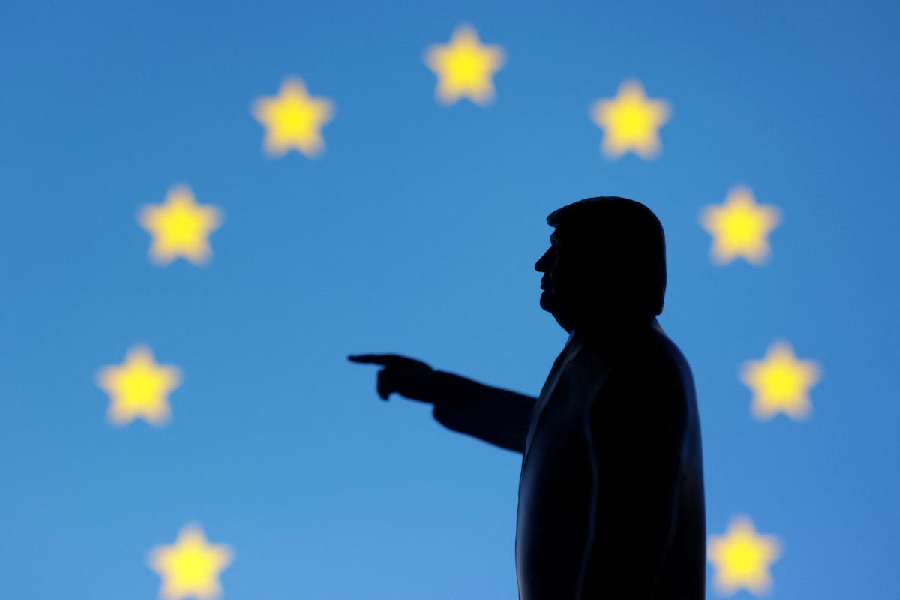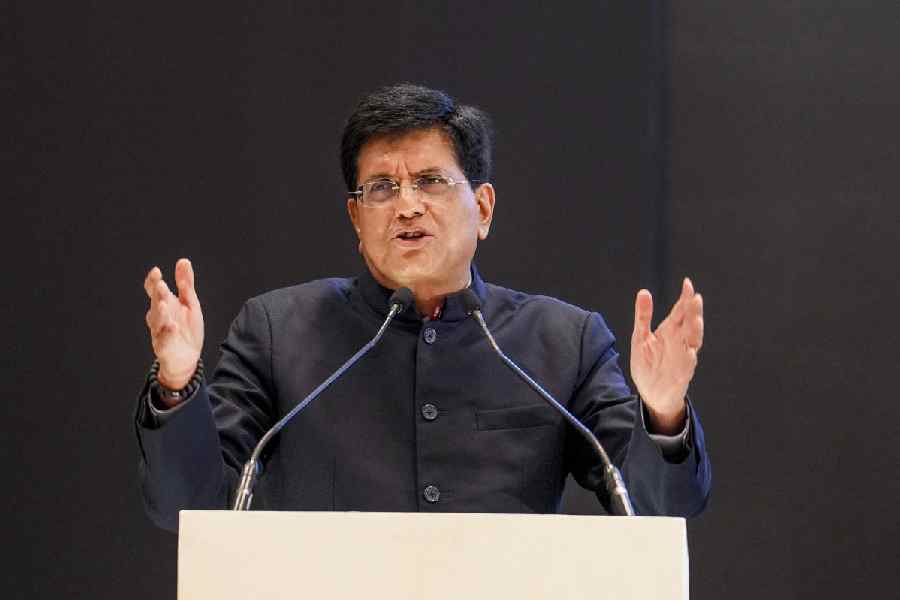The European Commission rejected on Tuesday U.S. President Donald Trump's criticism that EU digital services rules unfairly target U.S. tech companies and denied they amounted to censorship.
Trump wrote on Monday he would impose additional tariffs on all countries with digital taxes, legislation or regulations, saying they were "all designed to harm or discriminate against American technology".
The United States and the European Union last week agreed a joint statement on a deal to limit most U.S. tariffs on EU goods exports to 15 per cent, with little mention of digital services.
The Trump administration has consistently criticised the EU's Digital Markets Act, which seeks to curb the power of tech giants, and the Digital Services Act, which requires large online platforms to tackle illegal and harmful content.
The European Commission, which proposed both acts, said on Tuesday it was the sovereign right of the EU and its member states to regulate economic activities. The Commission firmly rebutted Trump's statement that the EU was targeting U.S. companies, insisting the DMA and DSA applied to all platforms and firms operating in the bloc.
A spokesperson added that the last three DSA enforcement decisions were against AliExpress, Temu and TikTok - all Chinese-owned. The Commission has also opened DSA investigations into X and Meta.
Accusations that European Union data laws censor social media, as Meta chief Mark Zuckerberg has asserted, were "completely wrong and unfounded", the EU spokesperson said.
The DSA was not asking platforms to remove content, but to enforce their own terms and conditions, which set out things that should not be on their platforms.
"And when we're talking about this, more than 99% of content moderation decisions taken here in the EU online are proactively done by platforms based on their own terms and conditions," the spokesperson said.











